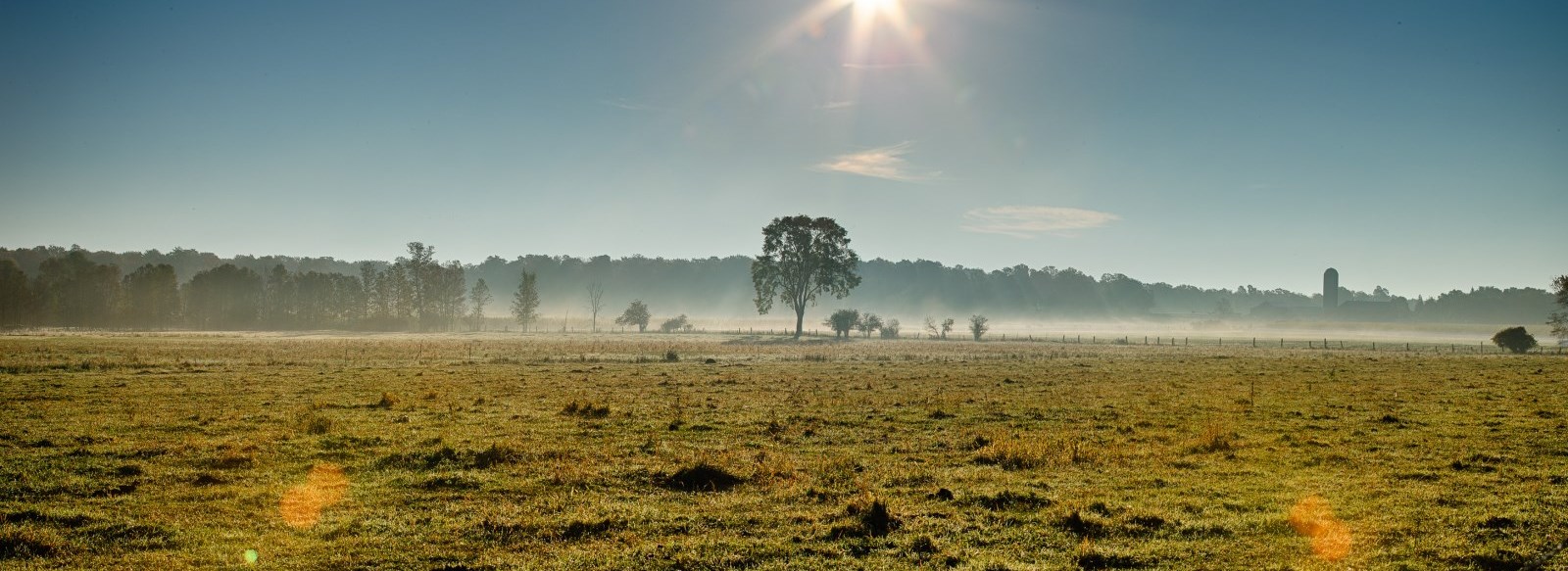Storm Water
Storm water is water that flows across the land and is routed into drainage systems and ultimately into our natural areas such as creeks, lakes, and wetlands. Storm water is not limited to precipitation but may also come from watering the lawn, washing the car, and many other sources. Unlike sewage, storm water is not treated before it enters our waterways. In some cases, it is filtered by traps or wetlands, usually located at the end of pipe systems, but in most cases, it flows directly from our streets and gutters into our creeks, rivers, and lakes. The preservation of our waterways is important to present and future generations. Despite increasing populations and levels of development many of our streams still retain significant natural value and provide important environmental, commercial, and recreational benefits. It is important that these uses are protected from the threat of storm water pollution.
| How does Mississippi Mills manage storm water? |
|
Currently Mississippi Mills performs the following activities to manage storm water and mitigate the impact of storm water pollution to the natural environment
Operations & Maintenance
Environmental Compliance
Capital Improvement Projects
Planning and Management
|
| What can you do to help protect our storm water system? |
|
We all play an important role when it comes to protecting our water resources. Here are a few things you can do in and around your home to keep pollution out of our storm water system.
For more information visit the Ministry of the Environment, Conservation and Parks website. |












